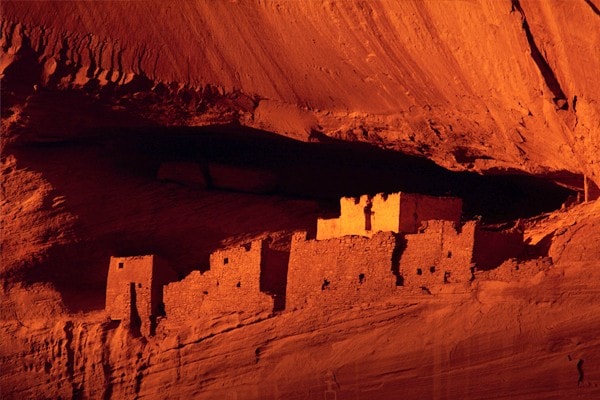You don’t know me. Or do you? Data meets anthropology
What groundbreaking things can happen when two fields of study converge?
By Analise Polsky, Best Practices, SAS
“The most fascinating findings are often found at the convergence of different disciplines.” My grandfather passed away long before I was born, yet I carry his words with me into every new job and task I set upon.
In the 1950s, he studied the intersection of law and medicine, medical jurisprudence and forensic medicine. Today it is an established area of study, but at the time, medicine and law were little islands separated by a vast academic sea. Regardless of whether they were the first or the last to build bridges between the islands, the works of my grandfather and his peers was important. They chose to break down the barriers between disciplines — and in doing so advanced the study of law.
I love technology. I love anthropology and the social sciences at large (economics, psychology, sociology, etc.). During college and graduate school, these two passions lived in isolation of each other. By day, I was an anthropology and then public health student, and by night, I was an IT trainer. Don’t get me wrong. Computers were a part of the storage and analysis process, but the overwhelming vibe was not that technology could help you understand people better.
The most fascinating findings are often found at the convergence of different disciplines.
Many of my peers believed — and might still believe — there is no substitute for ethnography, fieldwork and other forms of detailed observations provided by someone immersed in a specific culture or context. I couldn’t accept that belief, not entirely. What if technology can support, if not enhance our understanding of people, cultures, behaviors and beliefs in a ways that would not have been possible even 10 years ago? Do the two have to be at odds?
I believe the convergence of data and anthropology drive a fundamental shift in our ability to understand the world we live in and the people around us. We know that data alone can’t tell us everything we need to know, even though we are collecting more information on individuals than ever before. Just think about the flux of data from social sites, mobile phones, sensors, transactions, etc. We have a real self and a digital self. If I want to know more about a customer, will this data give me the right context? Or do I need to be asking a different set of questions or collecting data in a novel way?
Anthropology can help us ask better questions and bring context to the data. Technology empowers us to collect and easily analyze a wider breadth of information. The two together can serve as a powerful means of understanding people’s attitudes, behaviors and preferences, whether they are our customers, citizens, students or employees.
When we draw lines between fields of study, we limit what we can hope to learn. I will continue to stand behind the words of my grandfather and the belief that two fields are better than one.
Analise Polsky is a thought leader on the SAS Best Practices team. The focus of her work is developing and delivering data quality, data stewardship, culture and change management, and data visualization best practices. She has also created training materials for database and application products, which she has presented to a wide variety of clients in multiple languages.

